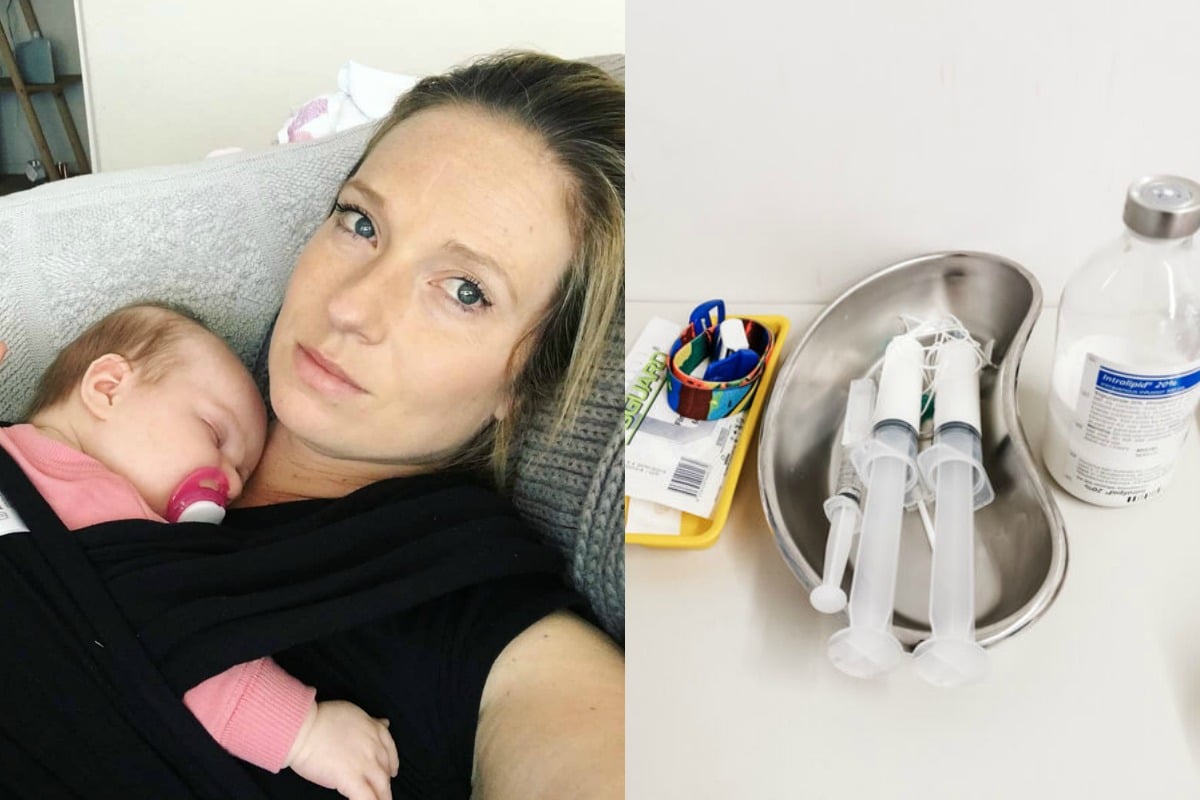
Warning: This post deals with infant loss and may be triggering for some readers.
“The one thing I’d tell myself in my twenties…” I have seen articles like this many times before, scattered through magazines. Usually the writer expresses the wish that they had been more body confident in their twenties because this was a time when they were the fittest they would ever be. Or it’s an article about being happy with yourself and more self-confident.
Mine is so simple. What I wish I had known in my twenties (or more importantly, what I wish I had done), could have been achieved in five minutes.
I wish I’d had a blood test.
More specifically I wish I’d had a test called reproductive genetic carrier screening so that when I was ready to have a family, I would have had all the information I needed to have a healthy child.
When I was in my twenties the biggest complication to getting pregnant in my eyes was finding the right guy. Never for one second did I think about the health of my future babies. It was just a given, I would have healthy babies, of course. But by my mid thirties, suddenly all of my high school biology came flooding back to me when I found out about the impact genetics can have on your family. It can happen to anyone.
On March 11, 2017, my husband and I had our first baby, a beautiful girl called Mackenzie. She was perfection. But at 10 weeks of age our life came crashing down around us when Mackenzie was diagnosed with a genetic condition called Spinal Muscular Atrophy (SMA). It was terminal, we were told, and we were given a matter of months left with her.

